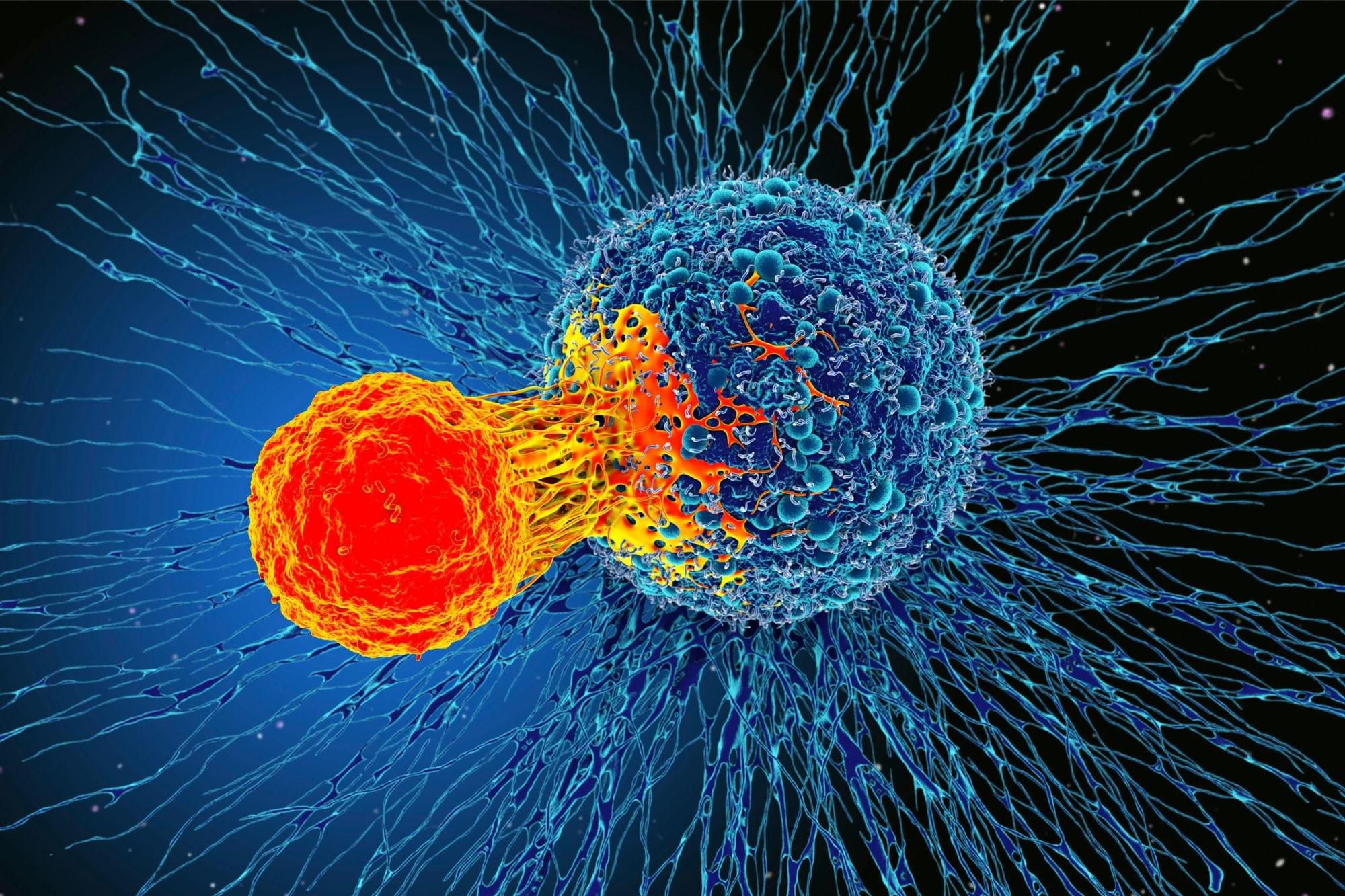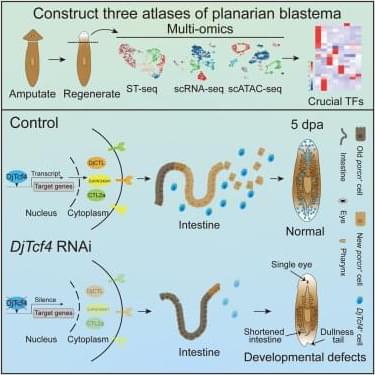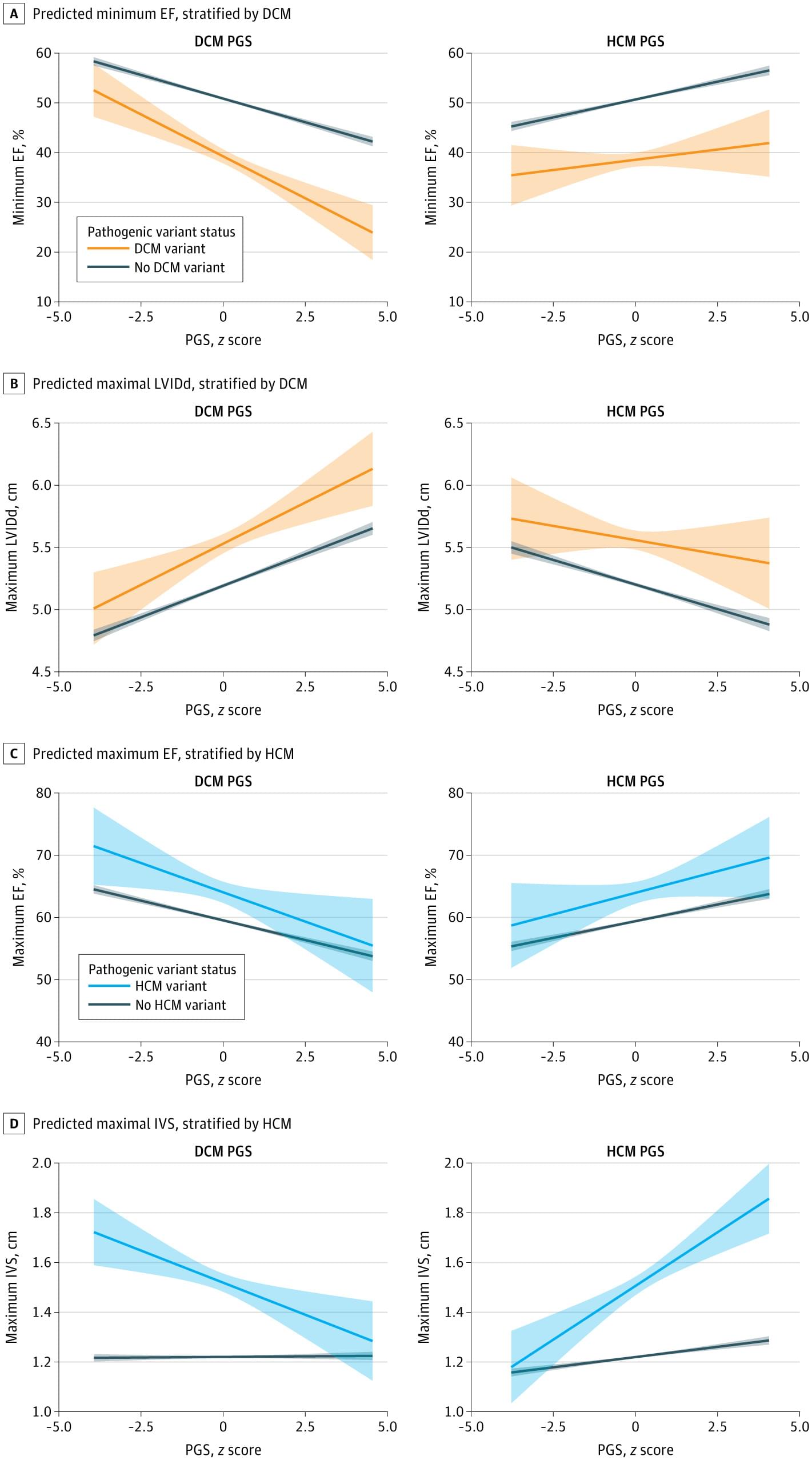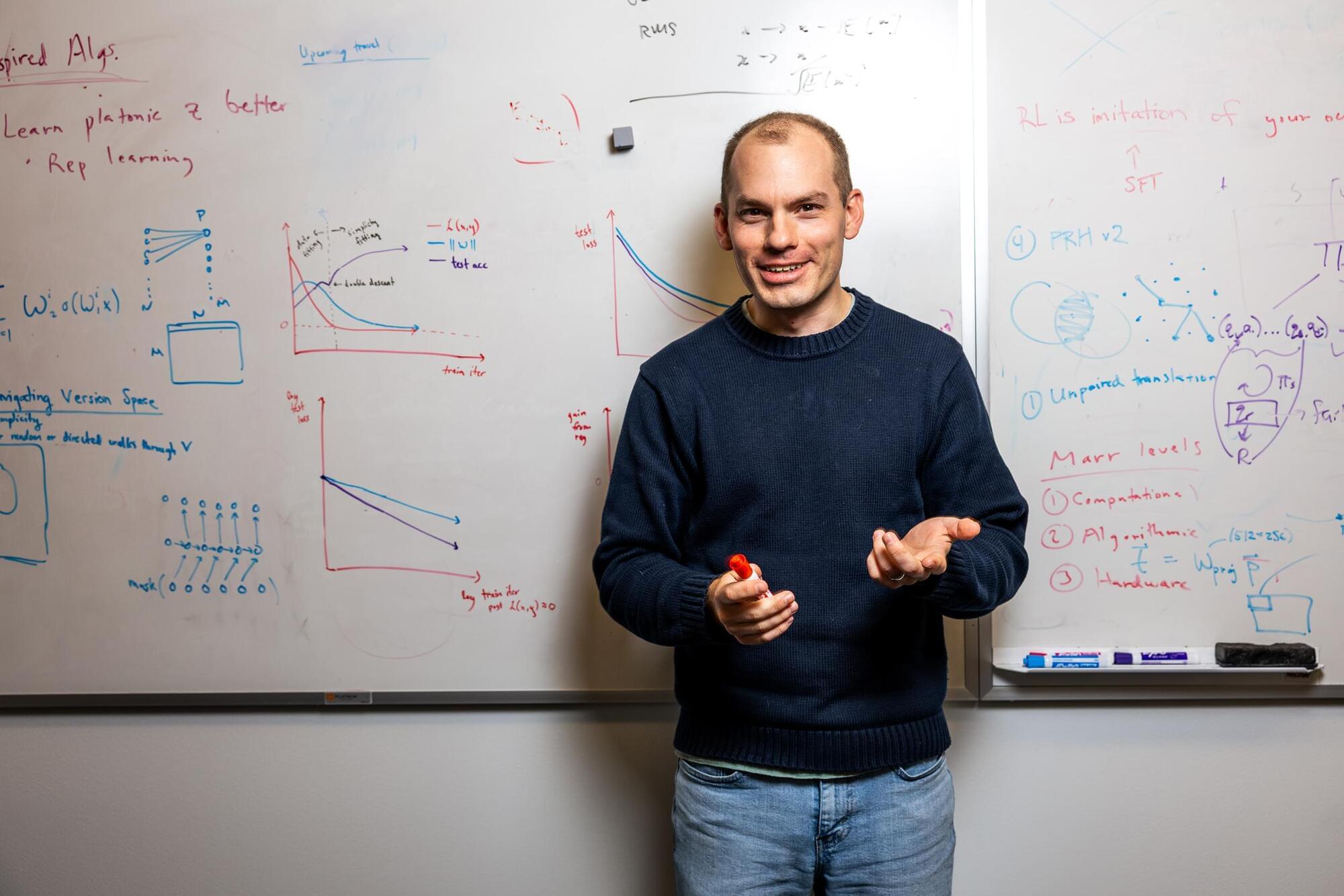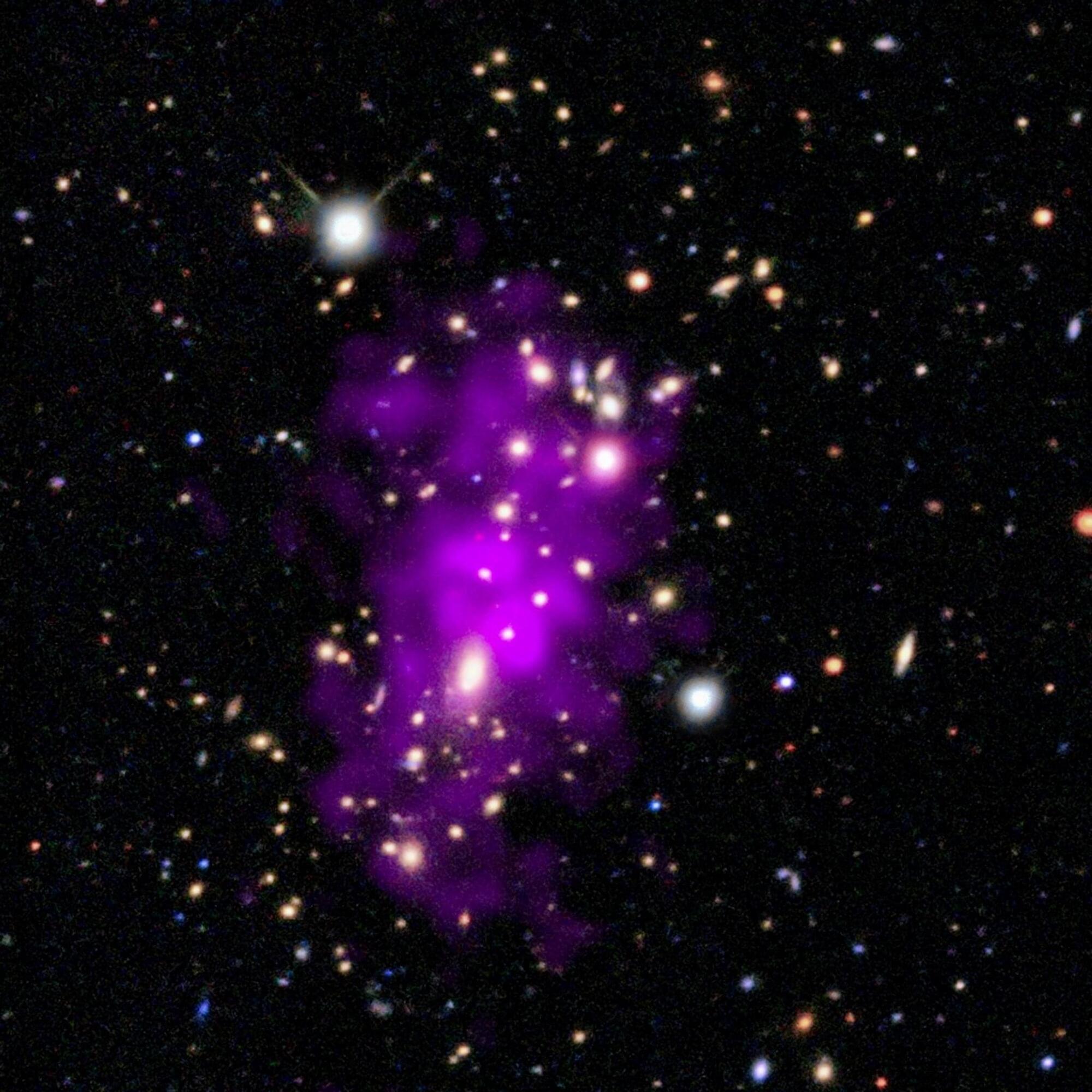Taipei, Dec. 30 (CNA) Taiwan Semiconductor Manufacturing Co. (TSMC), the world’s leading advanced chipmaker, officially began volume production of its 2-nanometer chips in the fourth quarter of 2025, according to a recent update on the company’s website.
The low-key announcement confirms that TSMC met its original roadmap for the next-generation technology. Production is currently centered at Fab 22 in Kaohsiung, utilizing the company’s first-generation nanosheet transistor technology. The new architecture achieves “full-node strides in performance and power consumption,” the website said.
The company described the 2nm process as the most advanced in the semiconductor industry in terms of transistor density and energy efficiency, adding that it is designed to “address the increasing need for energy-efficient computing,” particularly for AI and mobile applications.


